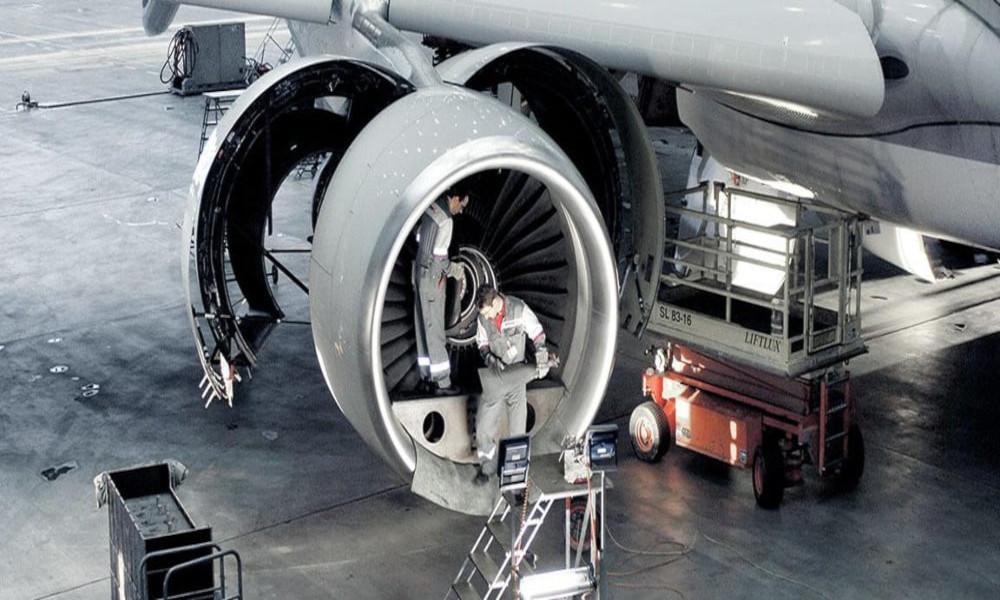
SR Technics experienced wage inflation but notes that this was less severe than in many other countries.
At the tail-end of the pandemic, global supply chains fell under severe strain as demand picked up and butted against shortages of labor, materials and logistics capacity.
The strain was particularly acute for aviation, one of the worst-hit industries during the pandemic, losing numerous skilled staff and engineers to other sectors. These problems were then exacerbated by Russia’s invasion of Ukraine in early 2022, which led to a spike in energy prices.
And while airlines and maintenance companies were somewhat used to price increases, notably the annual above-inflation mark-ups for OEM parts, they soon found that costs were increasing in other areas too.
SR Technics tells Aviation Week that costs have risen across many areas of its business.
“Just like many other industries, we have also been impacted by inflationary pressure,” says an SR Technics spokesperson. “Material costs make up the biggest part of our direct costs. There, we have seen the biggest impact from inflation, and we have seen price increases across our supplier network. Nevertheless, this has always been part of our business model and we are able to manage this additional inflationary pressure.”
The Swiss MRO provider also experienced wage inflation, although it says this was less severe than in many other countries. Switzerland has suffered much lower inflation than the rest of Europe, with rates peaking below 4% last year, compared with more than 10% in the UK.
Nonetheless, the company remains cautious, noting that declining inflation in consumer markets has not yet fully fed through to its own expense sheet.
“We do expect to see some continued price increases. Nevertheless, we expect this situation to relax somewhat in 2024,” says the spokesperson.
For a detailed look at the impact of inflation on European maintenance providers, see the upcoming October 2023 issue of Inside MRO.





